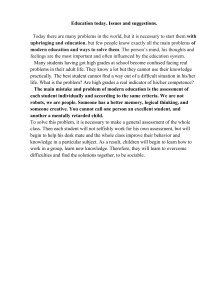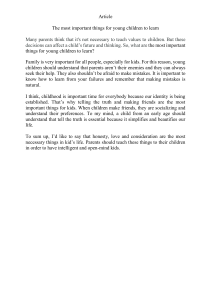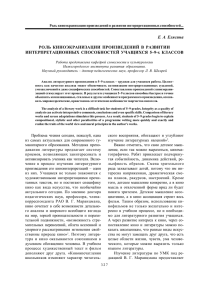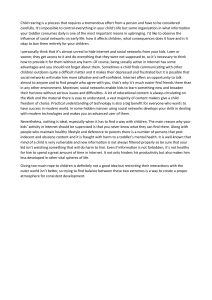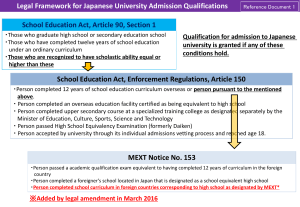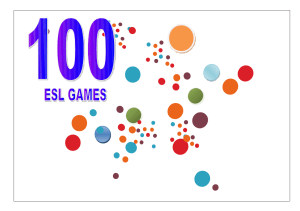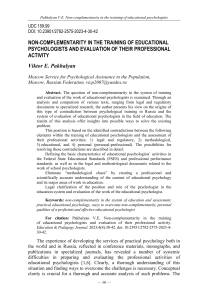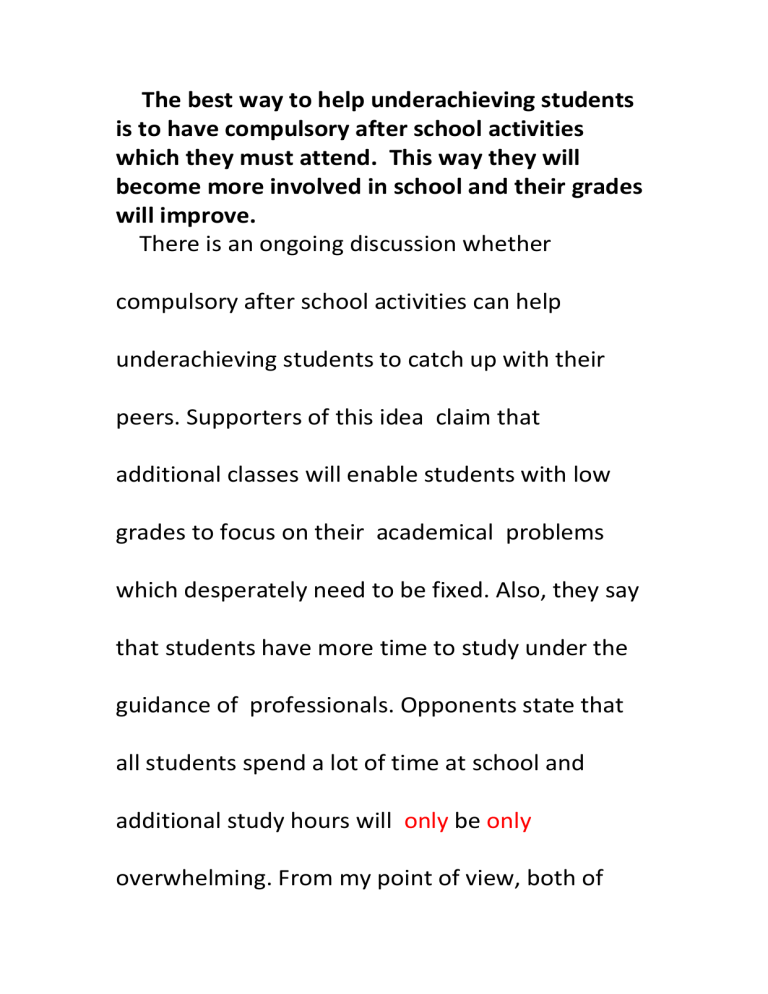
The best way to help underachieving students is to have compulsory after school activities which they must attend. This way they will become more involved in school and their grades will improve. There is an ongoing discussion whether compulsory after school activities can help underachieving students to catch up with their peers. Supporters of this idea claim that additional classes will enable students with low grades to focus on their academical problems which desperately need to be fixed. Also, they say that students have more time to study under the guidance of professionals. Opponents state that all students spend a lot of time at school and additional study hours will only be only overwhelming. From my point of view, both of them are partly right and partly wrong. It is important to find out what is the reason behind each underachieving student and then to decide what to do. On the one hand, if children don’t understand some topics it is important to explain this material to them. Additional after school activities can help students to keep up with their peers, to meet the requirements, and to pass their exams successfully. Moreover, parents can save the significant amount of money on tutors. When I was a student, my teachers from time to time organized additional classes in different subjects for those who missed something or did not understand. After school lessons were held twice a month and were very handy. In my opinion, this can apply only to kids who are not way behind and are interested in school. On the other hand, according to a research conducted among parents, there are a lot of parents who are not happy with mandatory after school activities. They maintain that very often their children are tired from their lessons and homework, they do not want to attend mandatory classes, so they don’t benefit from such classes. For example, my neighbor’s son failed almost all his subjects. He has such low grades only due to his total laziness and unwillingness to study. Recently, school authorities assigned him to attend additional classes. He came to school three times a week forty minutes before the main lessons. Unfortunately, he did not make anything out of them. He still does not want to study and to improve his grades. Thus, it is crucial to find out the reason behind the underachievement. In case of lack of motivation it is the psychologists’ job. Sometimes, kids don’t understand the subject because they have dyslexia, dysgraphia, or other health issues. In such case they had to be enrolled into special needs programs. There are cases when children can’t study because parents do not provide them with books, internet, and some personal space. An alternative to compulsory after school activities is streaming. It means separating kids based on their intellectual or academic ability for one year. However, this practice remains hotly debating. In conclusion, I would like to say that there is no universal method which can satisfy everybody. I think that compulsory after school activities work for some categories of underachieving students. Meanwhile, school authorities should use other methods like discussions with psychologists, special needs classes, streaming and meeting with parents.
